Travel Diary #1 - Eiffel Tower Construction
Work began in January 26th, 1887 with the digging of the Tower’s foundations, which were laid in four months. The construction was completed only twenty-one months later. All the elements were prepared in Eiffel’s factory in Levallois-Perret, on the outskirts of Paris. Each of the 18,000 pieces used to construct the Tower was specifically designed and calculated, traced out to an accuracy of a tenth of a millimeter and then put together to form new pieces, each measuring around five meters. On site, a team of builders, who had worked on the great metal viaduct projects, was responsible for the 150 to 300 workers who assembled this gigantic Meccano set.
All the metallic pieces on the Tower were fixed by rivet, this was a well known technique at the time of the construction. First, the pieces were assembled on site using bolts, later to be replaced one by one with thermally assembled rivets, which contracted during cooling thus ensuring a very tight fit. A team of four men was needed for each rivet assembled: one to heat it up, another to hold it in place, a third to shape the head and a fourth to beat it with a sledgehammer. Only a third of the 2.5 million rivets used in the construction of the Tower were inserted directly on site. The Tower was built with wooden scaffolds and small hoists directly fixed to the Tower. A total of 12 temporary wooden scaffolds (30 m in height) and four larger scaffolds (45 m in height) were used to assemble the first floor.
Source
What is impressive is that the tower was firstly planned for a 20 year-concession after which the tower could have been dismantled but the development of the radio offered a new way of seeing the Tower.
Radio Tour Eiffel was born in 1921 and that from 1935 onwards the first TV shows were broadcast from there. To this day it is still used as a relay antenna for radio and TV channels in the Parisian area.
The Eiffel Tower was almost destroyed in 1909. Officials choose to save it after recognizing its value as a radiotelegraph station. Several years later, during World War I, the Eiffel Tower intercepted enemy radio communications, relayed zeppelin alerts and was used to dispatch emergency troop reinforcements. It escaped destruction a second time during World War II: Hitler initially ordered the demolition, but the command was never carried out. Also during the German occupation of Paris, French resistance fighters famously cut the Eiffel Tower’s elevator cables so that the Nazis had to climb the stairs.
Over the years, the Eiffel Tower has been the site of numerous high-profile stunts, ceremonial events and even scientific experiments. The Eiffel Tower has also inspired more than 30 replicas and similar structures in various cities around the world.
Now one of the most recognizable structures on the planet, the Eiffel Tower underwent a major facelift in 1986 and is repainted every seven years. It welcomes more visitors than any other paid monument in the world—an estimated 7 million people per year. More than 500 employees are responsible for its daily operations, working in its restaurants, manning its elevators, ensuring its security and directing the eager crowds flocking the tower’s platforms to enjoy panoramic views of the City of Lights.
Source
Thank you for reading, hit the follow button if you want to read more posts like this!
Cheers!

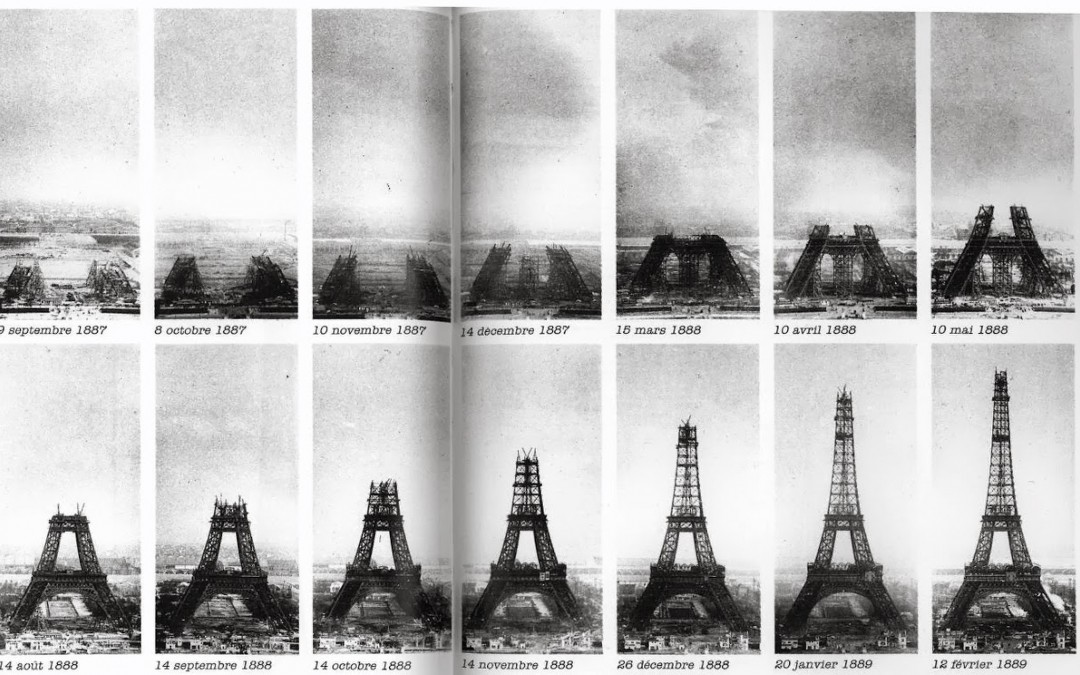

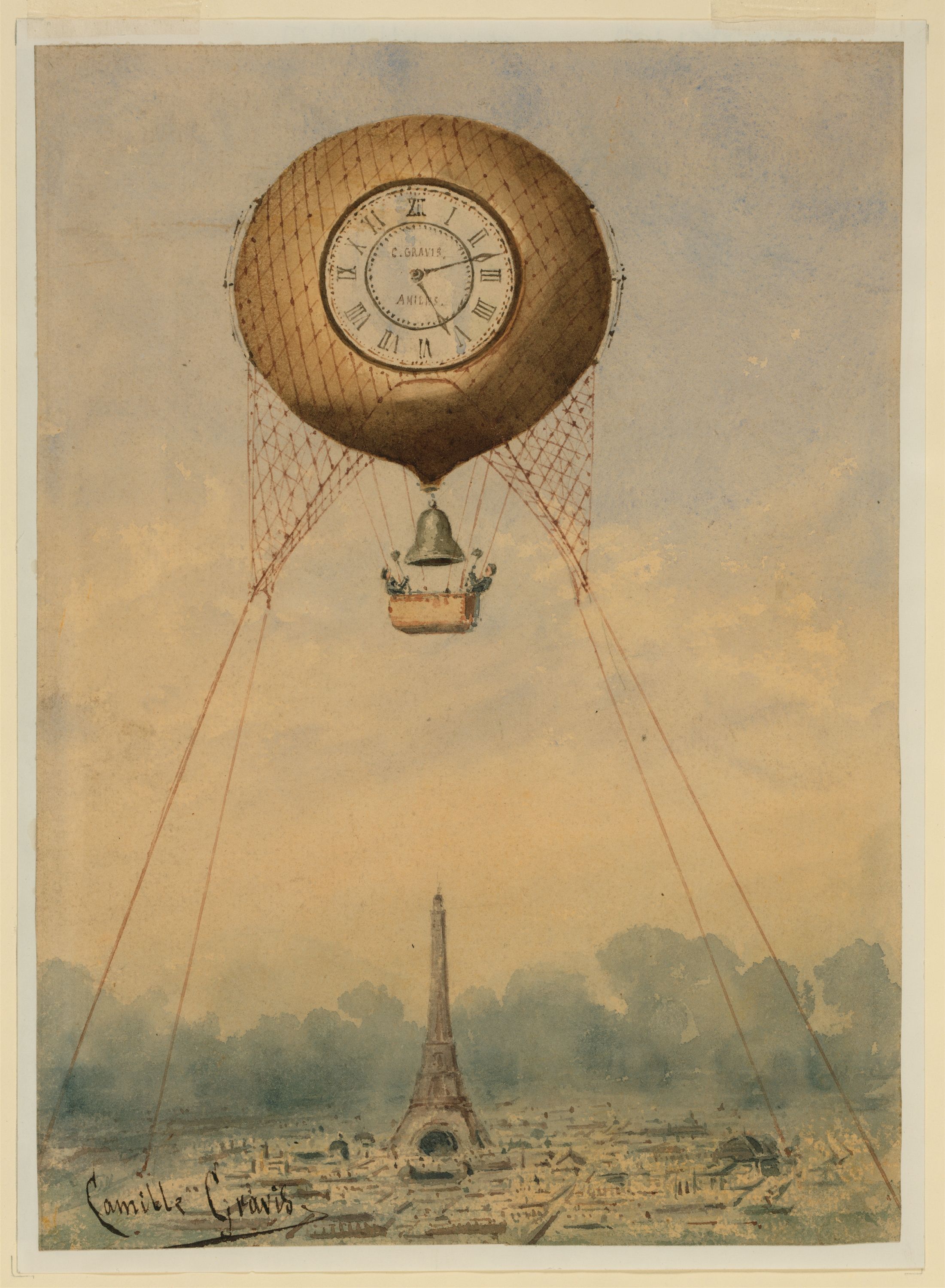

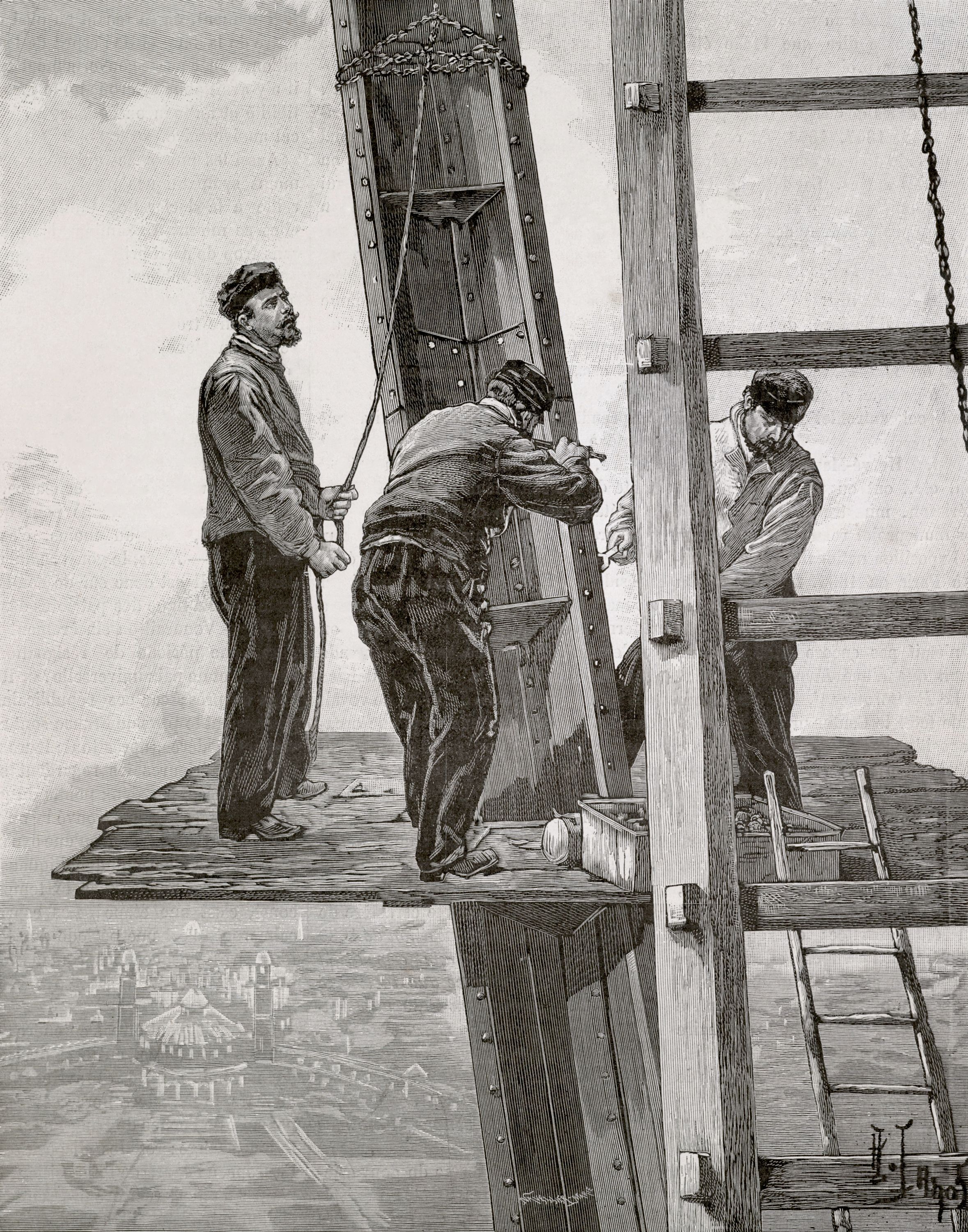

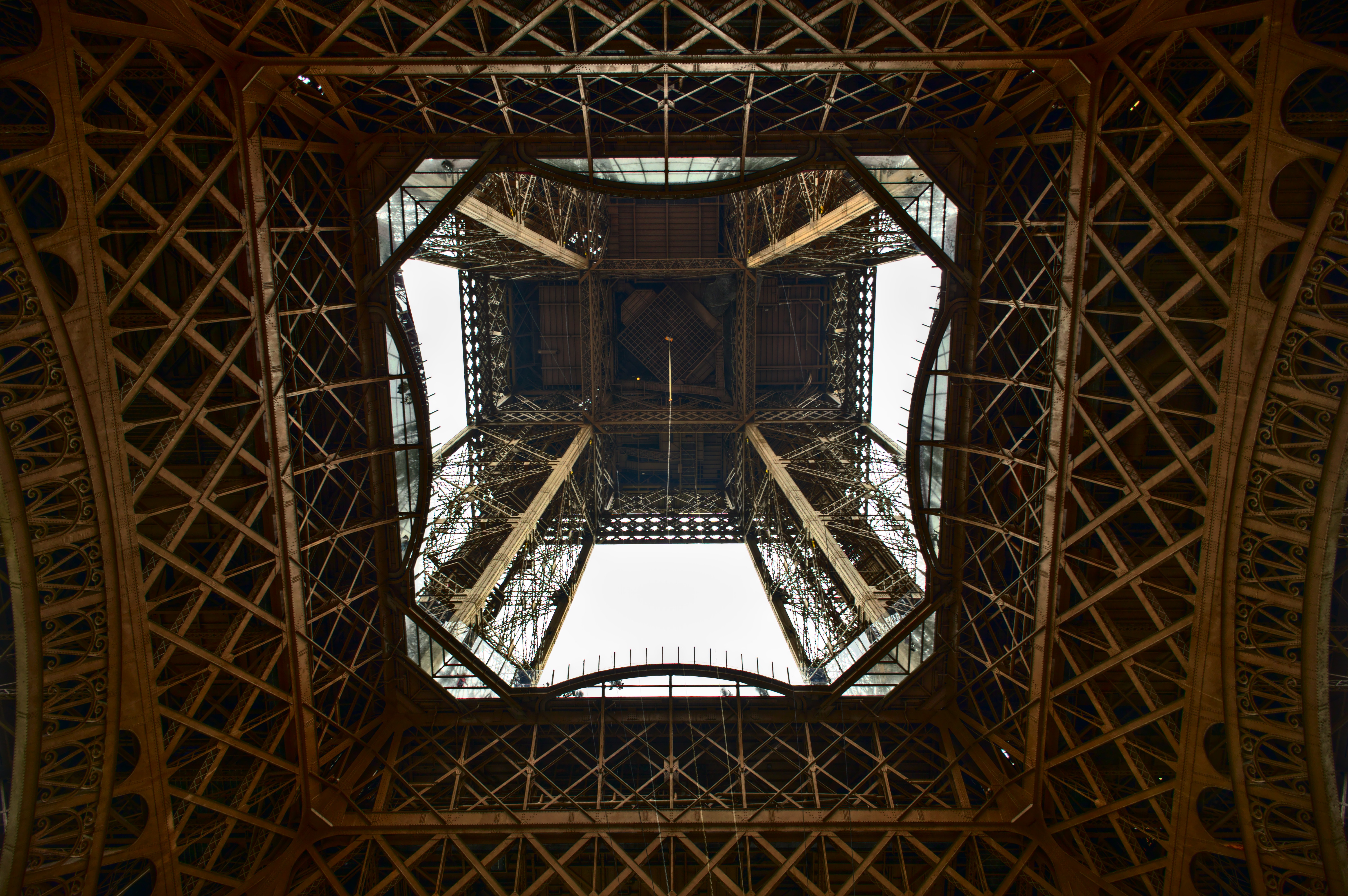

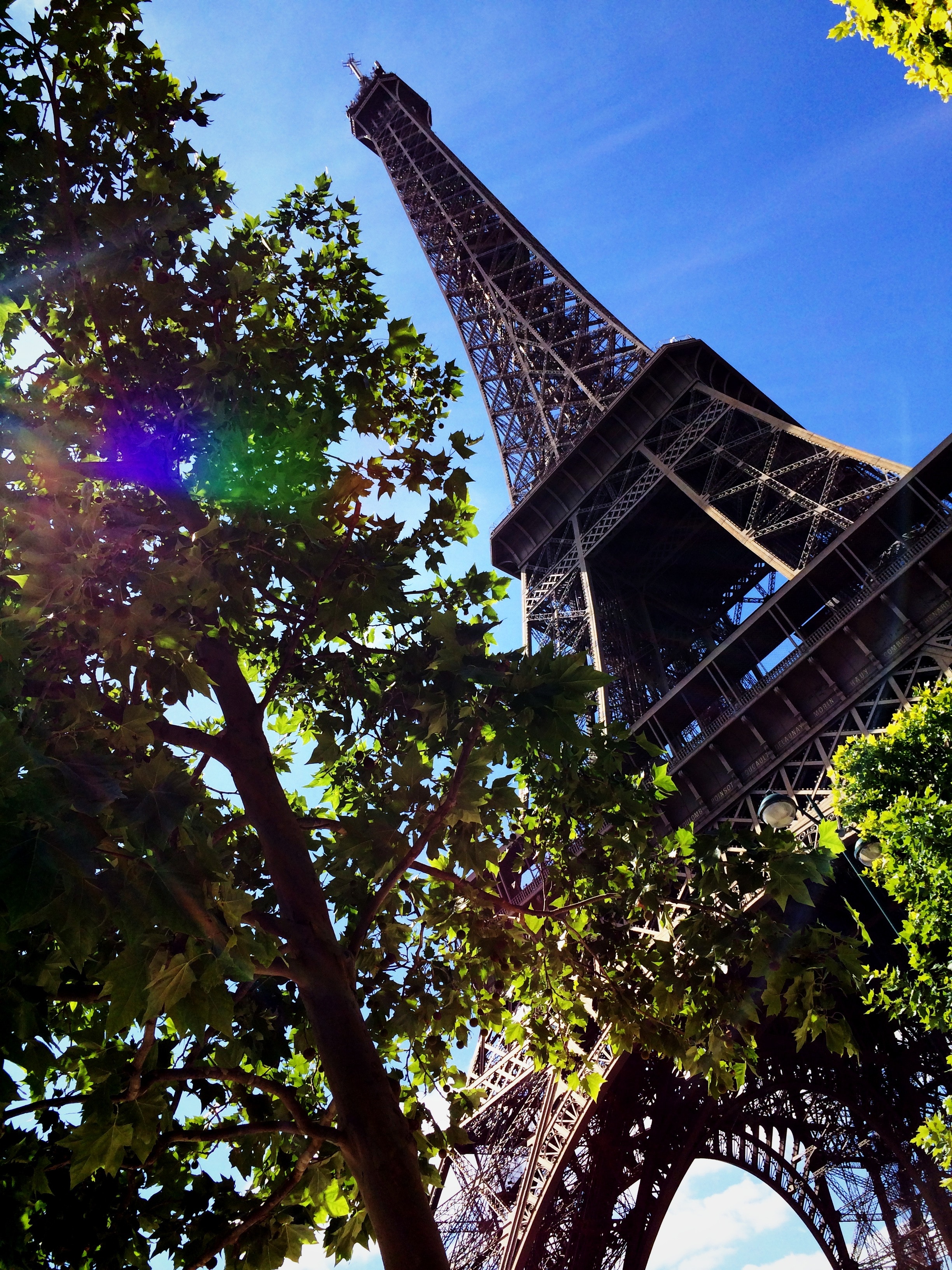
Hi! I am a robot. I just upvoted you! I found similar content that readers might be interested in:
http://publicdomainarchive.com/public-domain-images-eiffel-tower-construction-from-1889-worlds-fair/
Congratulations @catalintaras! You have completed some achievement on Steemit and have been rewarded with new badge(s) :
Click on any badge to view your own Board of Honor on SteemitBoard.
For more information about SteemitBoard, click here
If you no longer want to receive notifications, reply to this comment with the word
STOP